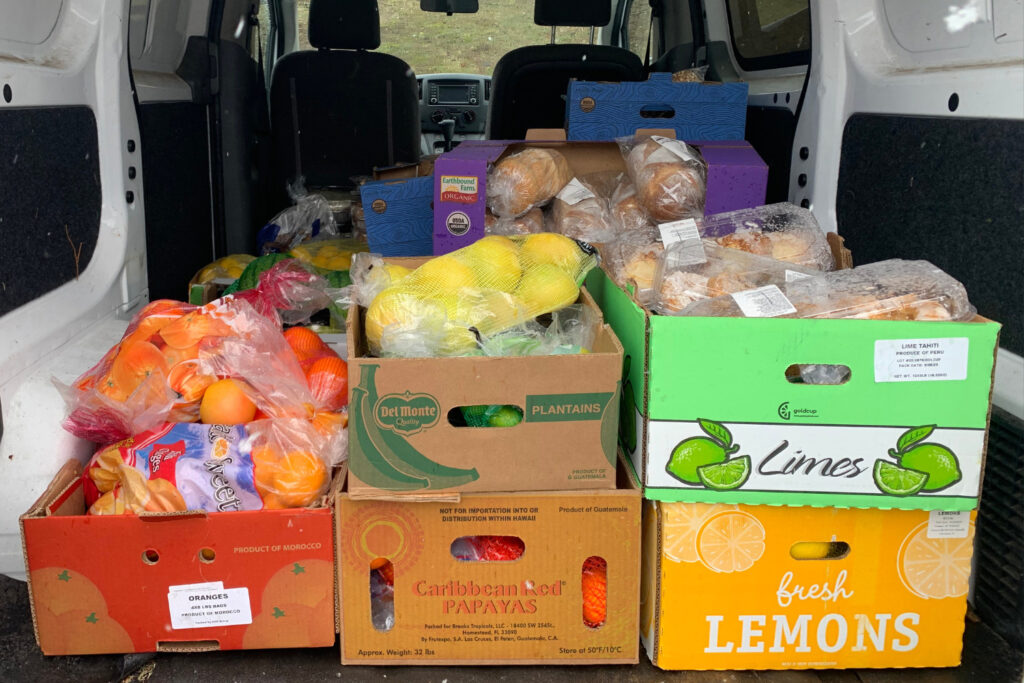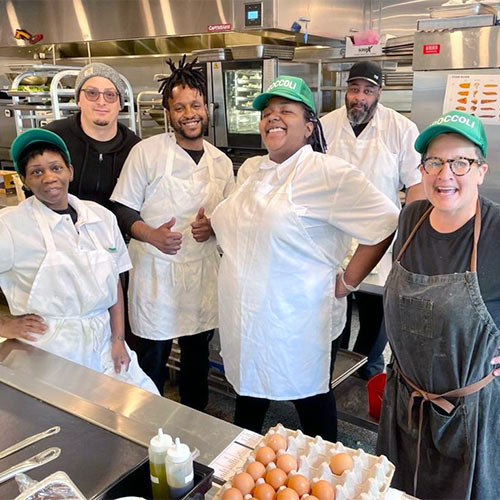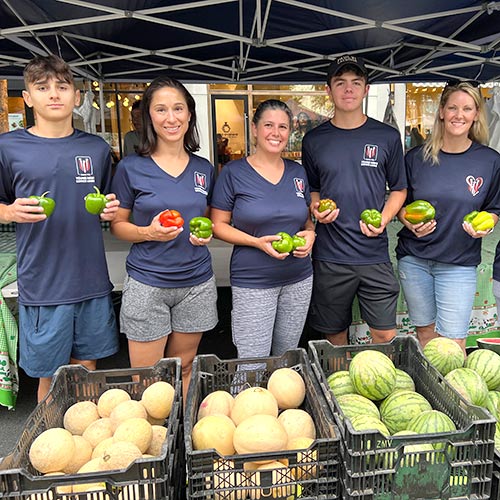Food as Medicine: Digestible Bites – April 2023
As we see more advancements in the Food as Medicine space, the need becomes even more critical as many pandemic-era policies are expiring…
The shorter version:
- Biden calls in the heavyweights to reduce hunger in America
- With the pandemic-era nutrition policy expiring, 30 million people are about to receive less aid
- Food as Medicine rural models show that produce prescriptions can work
- New! Local Bites: Northwest Connecticut FoodHub works with farmers all over northwest Connecticut.
The longer version:
Click to read the full article: Biden turns to Steph Curry, DoorDash and others to advance nutrition and hunger goals
The White House is turning to companies like DoorDash and Instacart and athletic celebrities like basketball’s Steph Curry in its effort to try to reduce hunger in America. New private sector pledges announced Friday included a promise from DoorDash to make more produce and healthy products available in its food delivery service by 2025 and to offer access to food stamp grocery delivery in all 50 states, D.C., and Puerto Rico. Instacart, a grocery delivery service, said it wants to promote fresh produce such as fruit and vegetables on its platform and work with health care providers to create “virtual food pharmacies” to advance the idea of using food as medicine.
Click to read the full article: ‘Catastrophe’ for Poor New Yorkers as Pandemic Food Aid Ends
The pandemic hit everyone hard but it disproportionately hurt lower income communities making their struggles even more difficult. Thankfully, at the time, Congress enacted emergency legislation to increase the Supplemental Nutrition Assistance Program (SNAP) program giving all participants the maximum monthly benefits, regardless of income. But, that federal assistance is ending this month as the pandemic-era policy expires. The effects are devastating as more than 30 million people across the country are expected to receive less assistance.
“In New York City, more than 1.5 million people, or nearly one in five residents, could receive smaller food stamp benefits, according to nonprofit leaders — reflecting a loss of at least $160 million total in Supplemental Nutrition Assistance Program benefits each month….As Mayor Eric Adams and the City Council negotiate next year’s budget, Mr. Greenfield has called on the city to set aside nearly $13 million in emergency funding for food pantries, where demand for aid has surged: Visits to food pantries in the city rose by more than two-thirds last year compared with 2019.”
In Connecticut, the average recipient will see about $95 less a month in groceries. Connecticut food pantries are preparing to see an increase in the number of food insecure clients they serve.
Click to read the full article: Fresh produce is an increasingly popular prescription for chronically ill patients
The produce prescription approach may be a model for other rural states to promote healthy eating in food deserts. The article focuses on the Food Access and Sustainability Team (FAST) Blackfeet produce prescription program. It explains, “If a patient doesn’t have easy access to fruit and vegetables, she’ll enroll the person in the FAST Blackfeet produce prescription program. FAST provides vouchers to people who are ill or have insecure food access to reduce their cost for healthy foods. Since 2021, Sachs has recommended a fruit-and-vegetable treatment plan to 84 patients. Increased consumption of vitamins, fiber, and minerals has improved those patients’ health,” she said.
New! LOCAL BITES – Find out about food as medicine work happening here in Connecticut.
The purpose of Digestible Bites is to stay on top of all the “Food as Medicine” news as a way to keep us up-to-date. But, I also want to profile amazing local efforts that provide healthy, fresh, nutritionally dense food to people in need. The more we see local Food as Medicine efforts in action, the more options we have to help. And, boy oh boy, do I have an amazing organization to tell you about…
Northwest Connecticut FoodHub works with farmers all over northwest Connecticut picking up their fresh, locally grown produce, and delivering it to food pantries (as donations) and wholesale customers, such as schools, grocery stores, and restaurants. Renee Giroux, FoodHub’s General Manager, is a devoted and brilliant leader of the nonprofit. She started her efforts in 2017 with only three farms and has now grown FoodHub to include 30 farms, most of which are first generation-owned.
With the help from the Department of Agriculture, FoodHub’s farms receive grants to grow and provide fresh produce to local pantries via FoodHub. This is a win-win for the farmers and those in need of their fresh produce.
FoodHub also works with ProduceRx and NourishRx to provide curated boxes for people with specific medical needs. ProduceRx works out of Charlotte Hungerford Hospital in Torrington and focuses on getting nutritionally dense fresh food to patients with underlying health conditions, specifically Type 2 diabetes and geared toward children suffering with severe obesity. NourishRx is a new program based in New Haven that specifically caters curated boxes to patients with kidney disease. FoodHub is the conduit for both Rx programs, helping the farmers get their food to those who need it the most.
Thanks,
Food Rescue US – Fairfield County Food as Medicine Liaison
If you enjoyed this post, you might also like last month’s Food As Medicine post.




